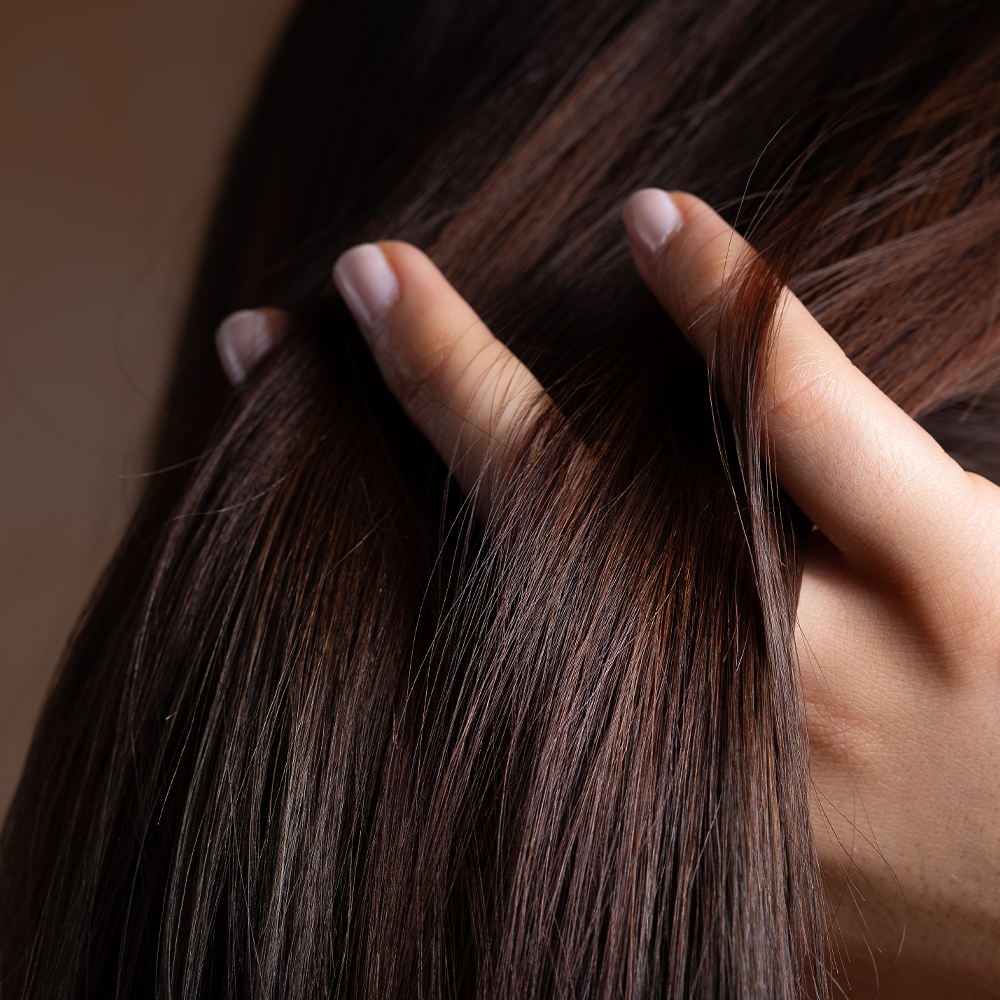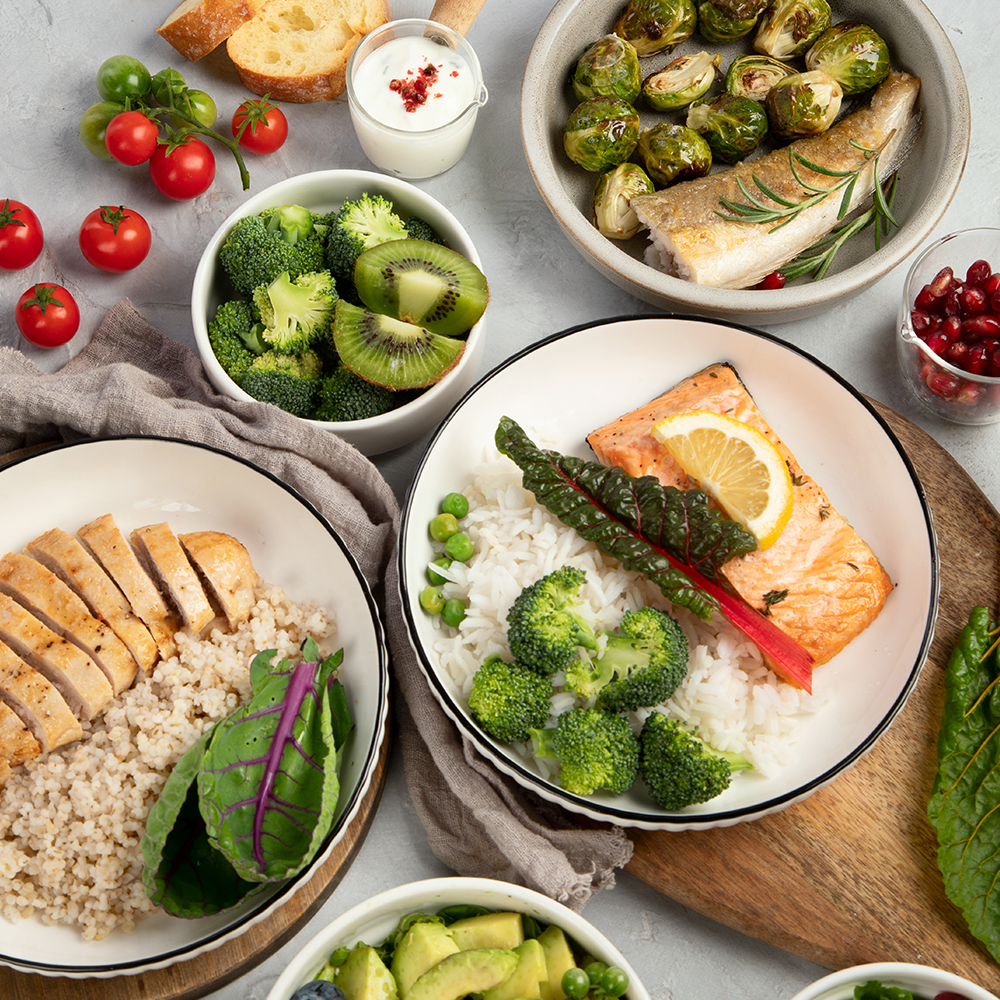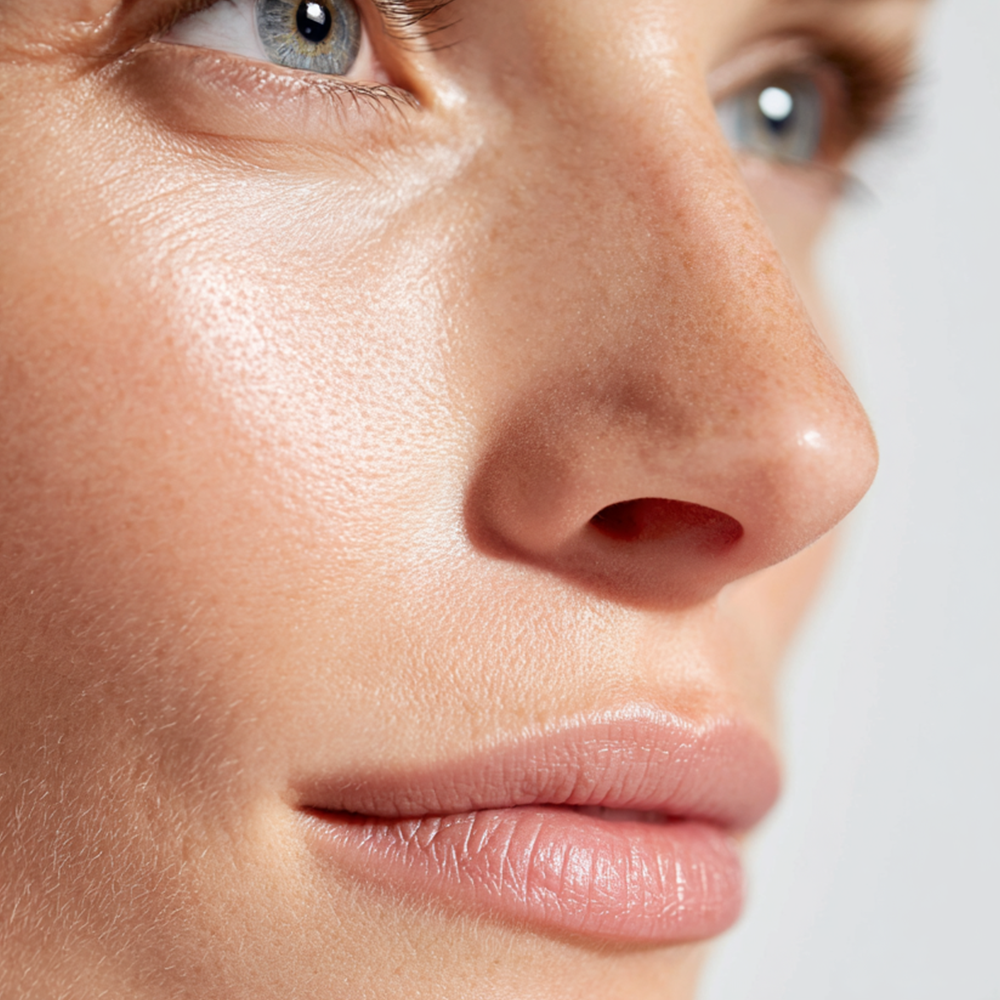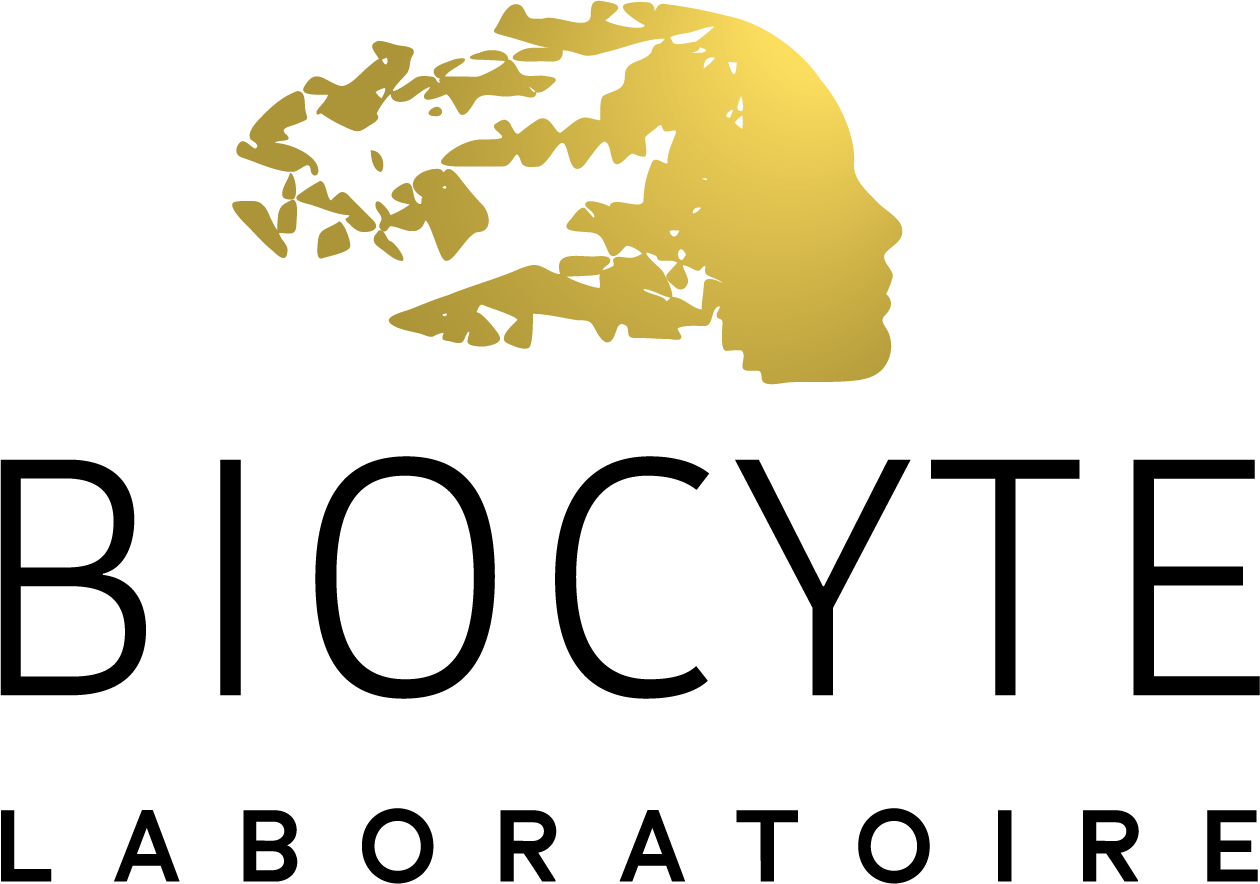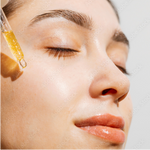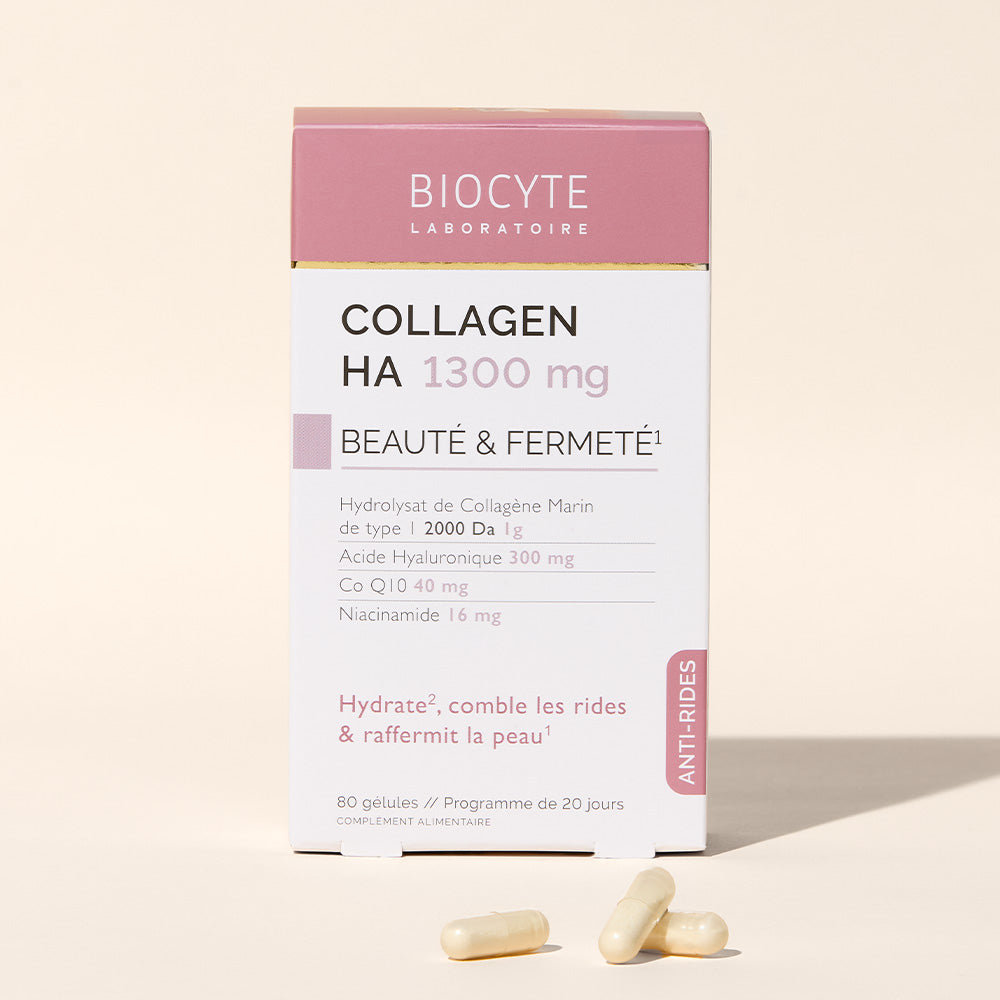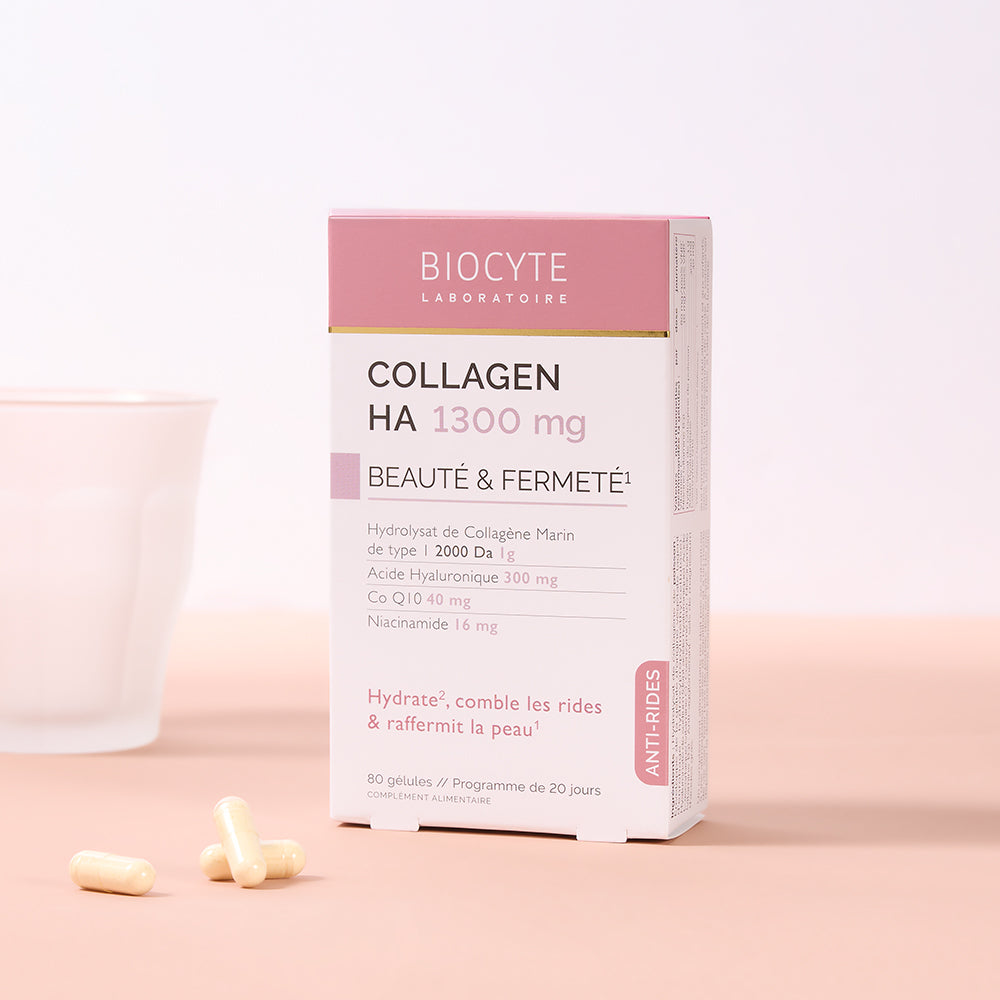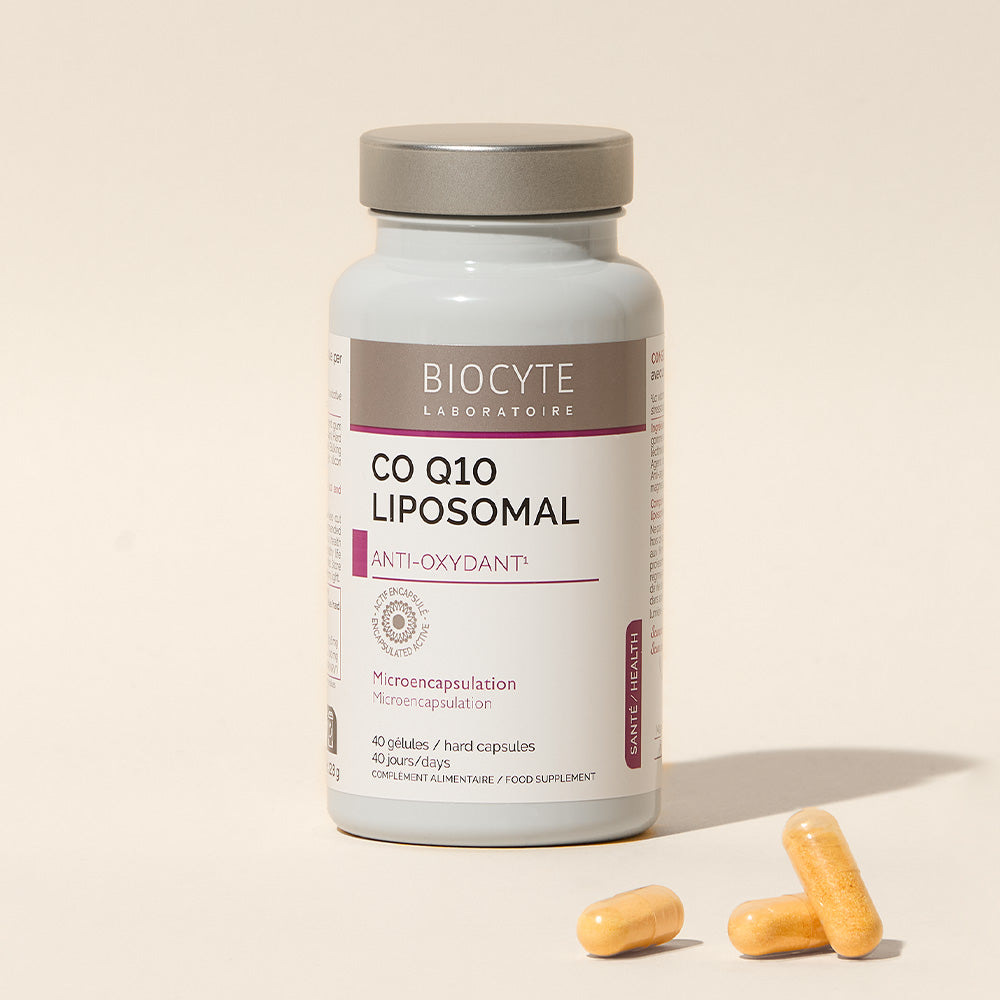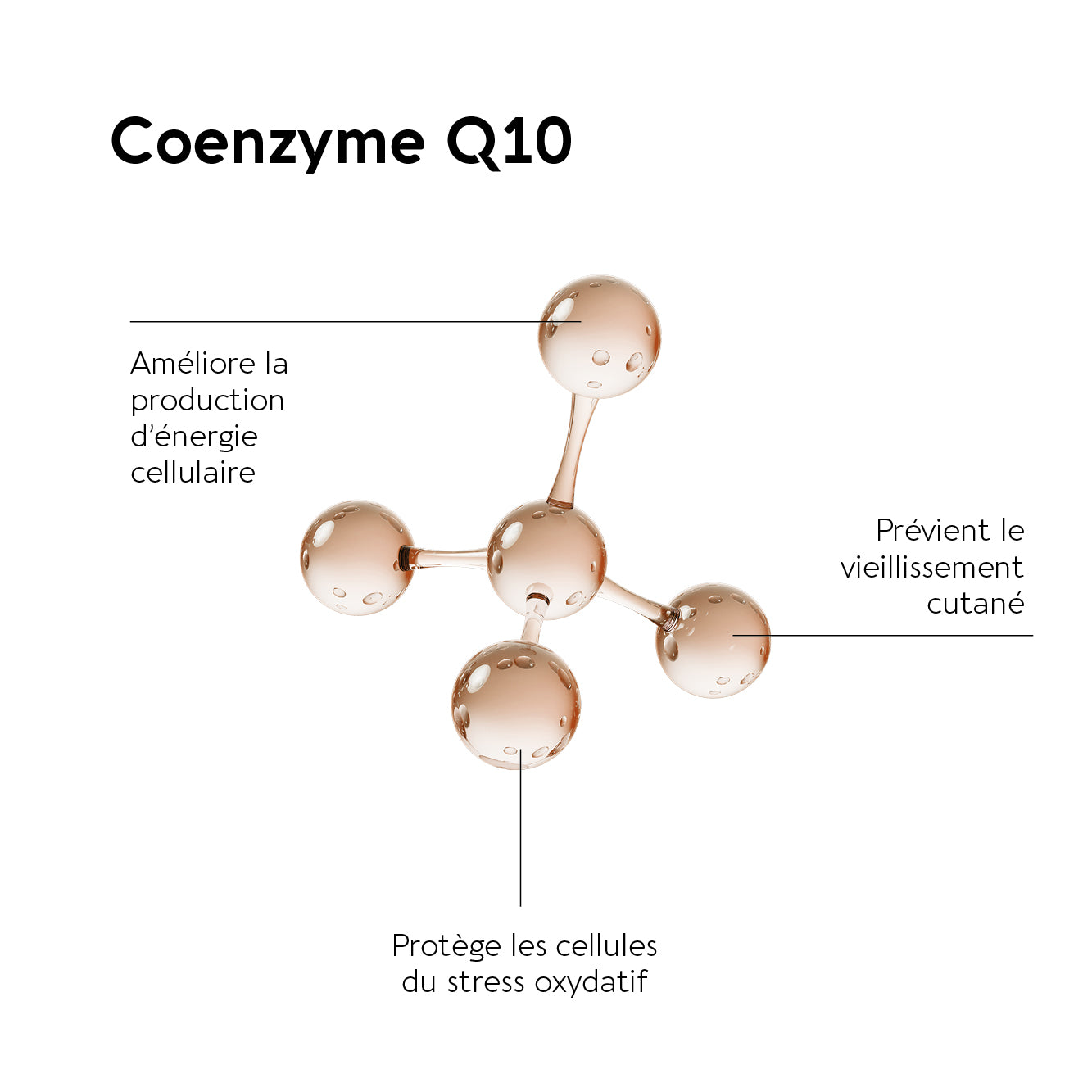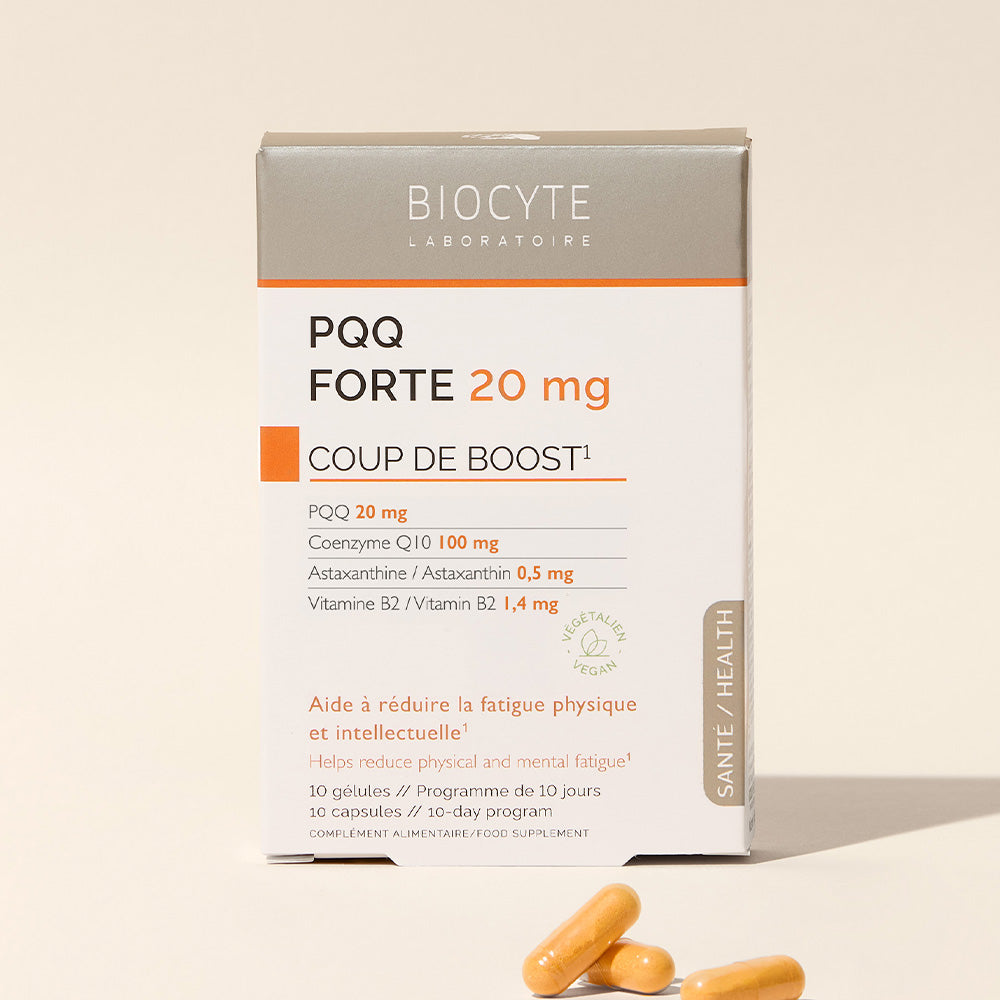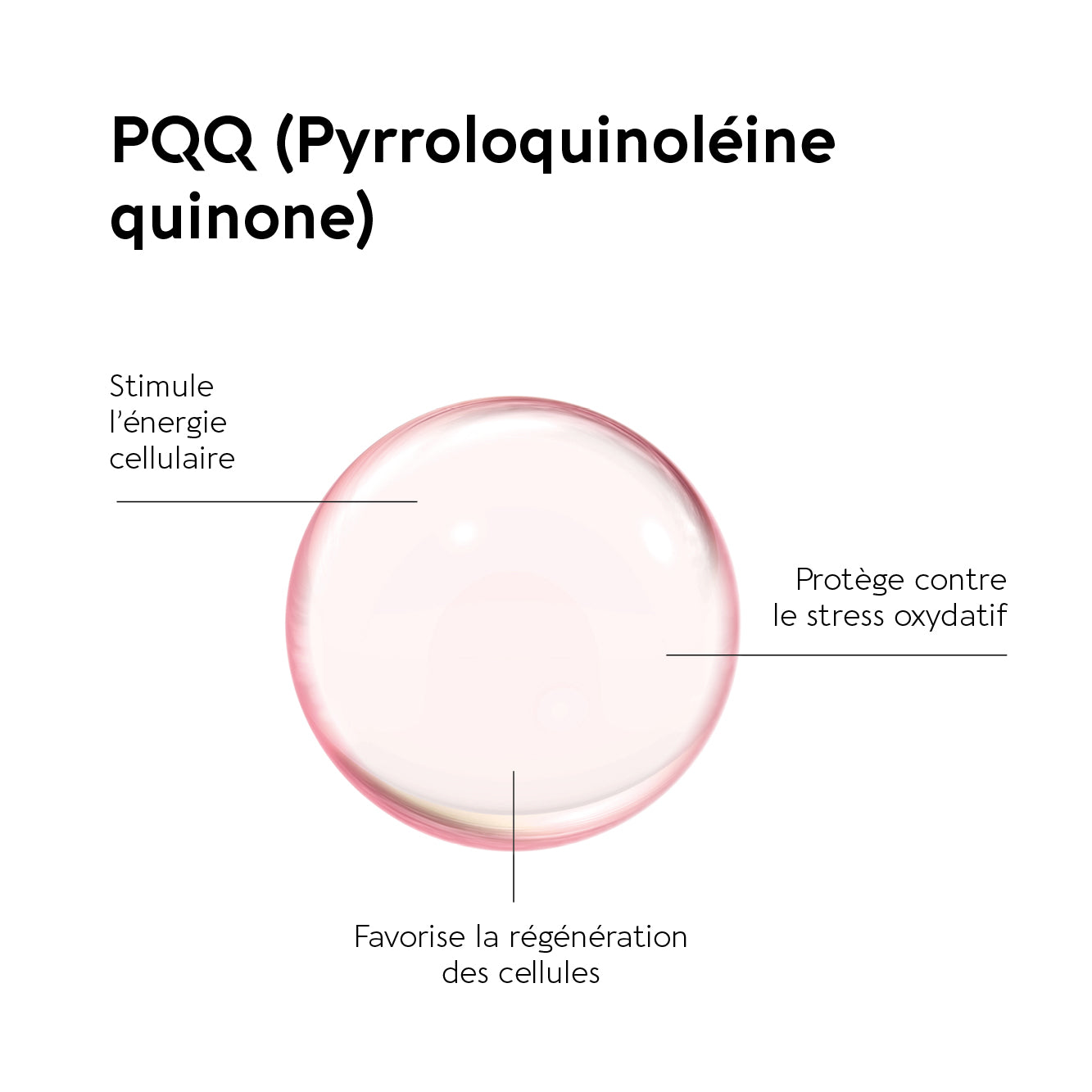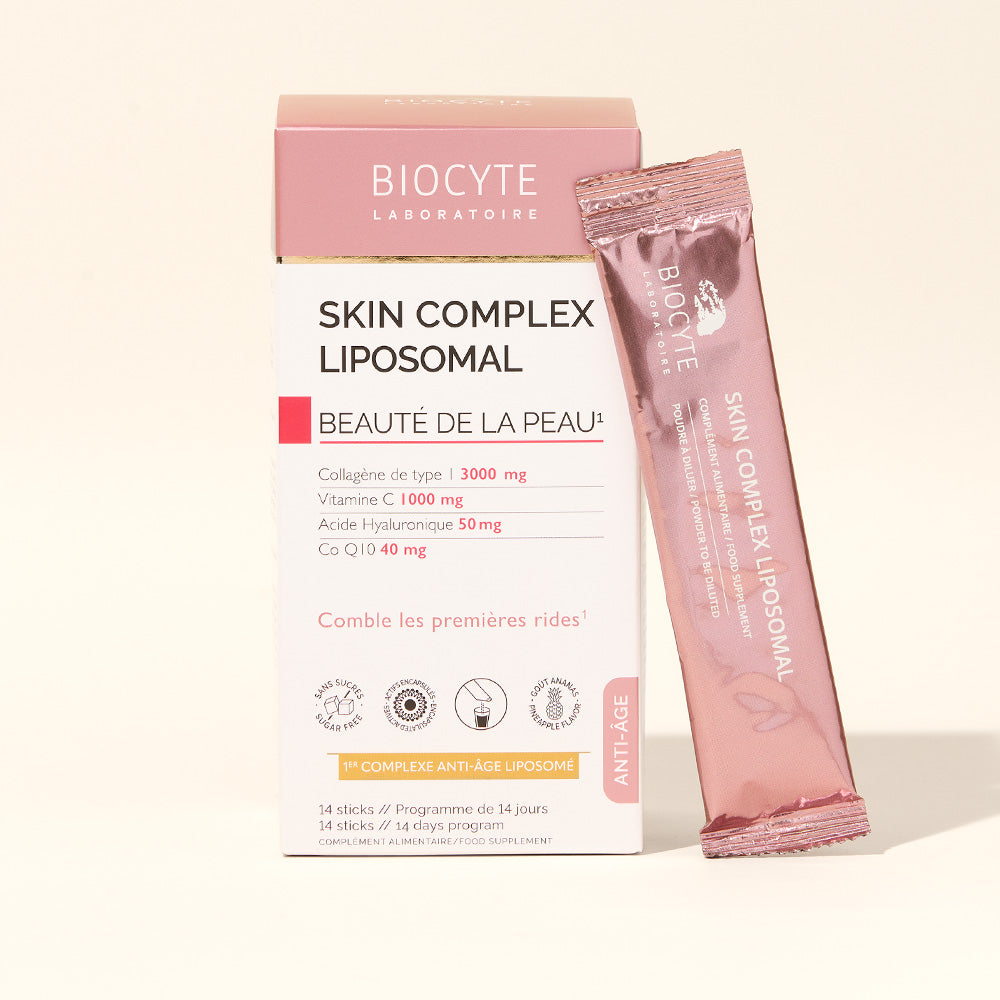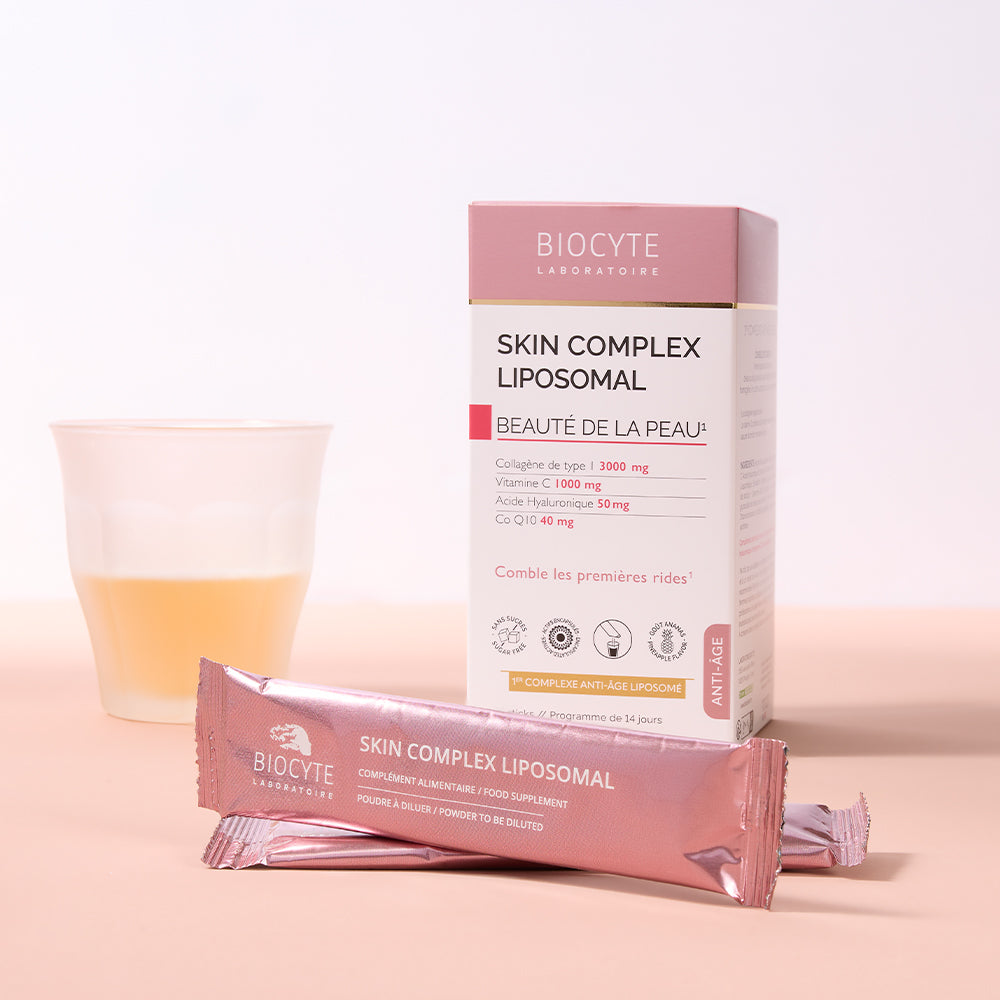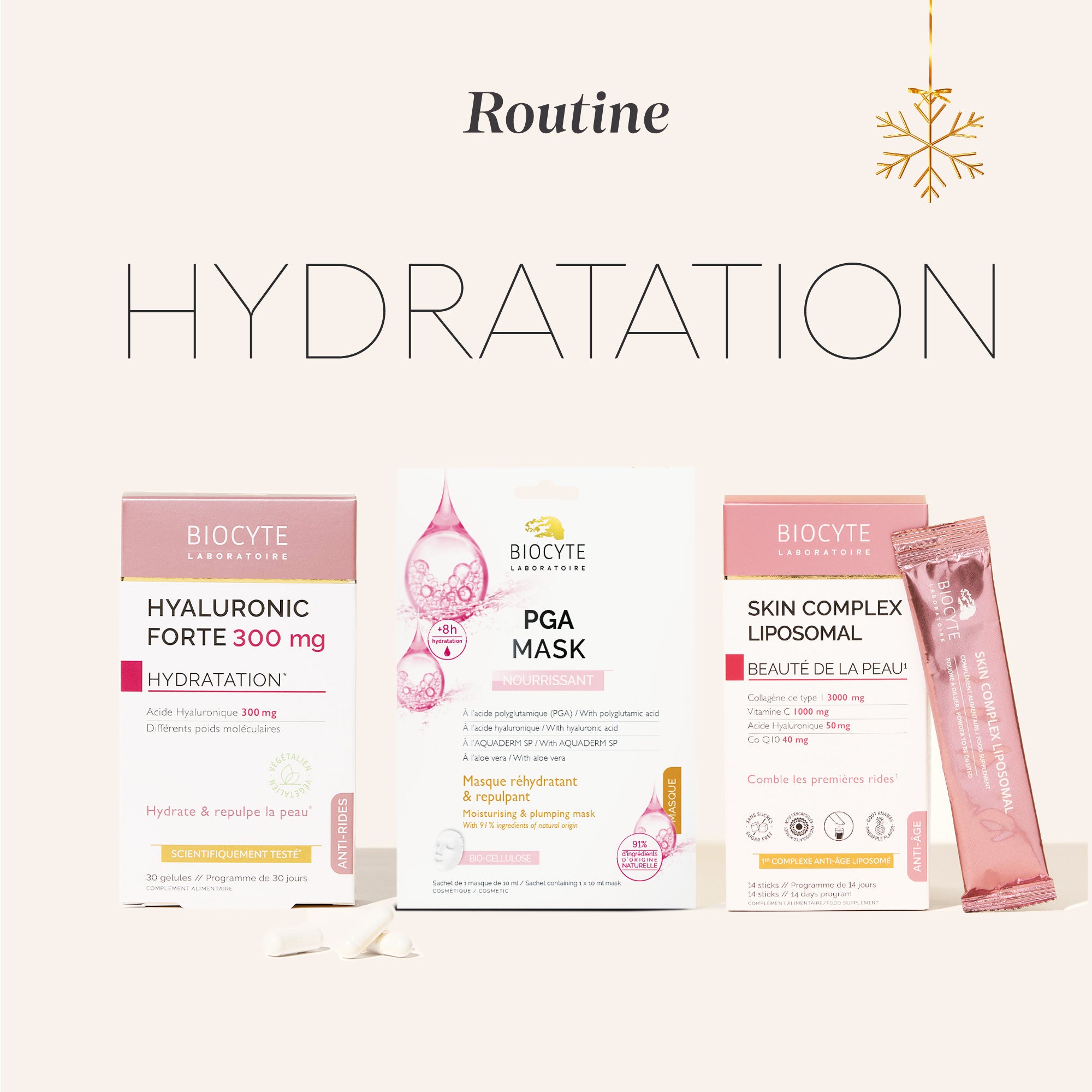Why take coenzyme Q10?
Coenzyme Q10 is a molecule naturally present in the body's cells. The terms "ubiquinone" and "ubiquinol" both refer to coenzyme Q10. When it is already bioavailable in the body, it is called ubiquinol. Present on cell membranes, it plays an essential role in their permeability, fluidity, and stability. CoQ 10 participates in the transfer of electrons within the mitochondrial respiratory chain (ATP). Mitochondria ensure energy production within cells, particularly those of the heart, brain, muscles, and liver.
What is Q10 for skin?
Coenzyme Q10 is one of the nutricosmetic active ingredients known to help the skin delay the appearance of the first signs of aging. As we age, the natural synthesis of CoQ 10 decreases. This decline begins at the age of 25 and drops by 25% from the age of 50. A CoQ 10 intake through dietary supplements can therefore be recommended to compensate for this loss. The nutricosmetic active ingredient coenzyme Q10 restores the skin's lipid barrier and promotes the proper functionality of cell membranes.
When to take coenzyme Q10?
Taking a coenzyme Q10 supplement can help fight excess free radicals. When cells generate too many free radicals, it can cause oxidative damage to mitochondria and lead to dysfunction. A powerful antioxidant, CoQ 10 protects cells from the harmful effects of free radicals. Those looking to protect their bodies from free radicals can take the best coenzyme Q10 in the form of a Biocyte dietary supplement. The Biocyte laboratory uses a microencapsulation process to promote better absorption and higher concentrations of coenzyme Q10. Liposomal CoQ10 allows coenzyme Q10 to pass through the gastric barrier undamaged. This dietary supplement provides a daily dose of 99 mg of coenzyme Q10 and 12 mg of vitamin E. Those looking to reduce fatigue and boost their energy can also take the PQQ FORTE dietary supplement from Biocyte. This dietary supplement, based on Pyrroloquinoline Quinone, Coenzyme Q10, DMAE, DMG, and vitamin B2, is the first of its kind on the French market. This dietary supplement combines essential elements for the proper functioning of mitochondria. Biocyte's PQQ FORTE is intended for people experiencing a drop in energy and seeking help to combat cellular aging. Taking coenzyme Q10 as a dietary supplement should not replace a healthy, balanced diet. It is also possible to find sources of coenzyme Q10 in food.
Which food contains coenzyme Q10?
Coenzyme Q10 is synthesized by the body through diet or supplementation in the form of quality dietary supplement capsules. In food, CoQ 10 is found in meat (especially beef, chicken, and turkey), fish (salmon, sardines, and herring), rapeseed oil, and peanuts, sesame seeds, and pistachios.


